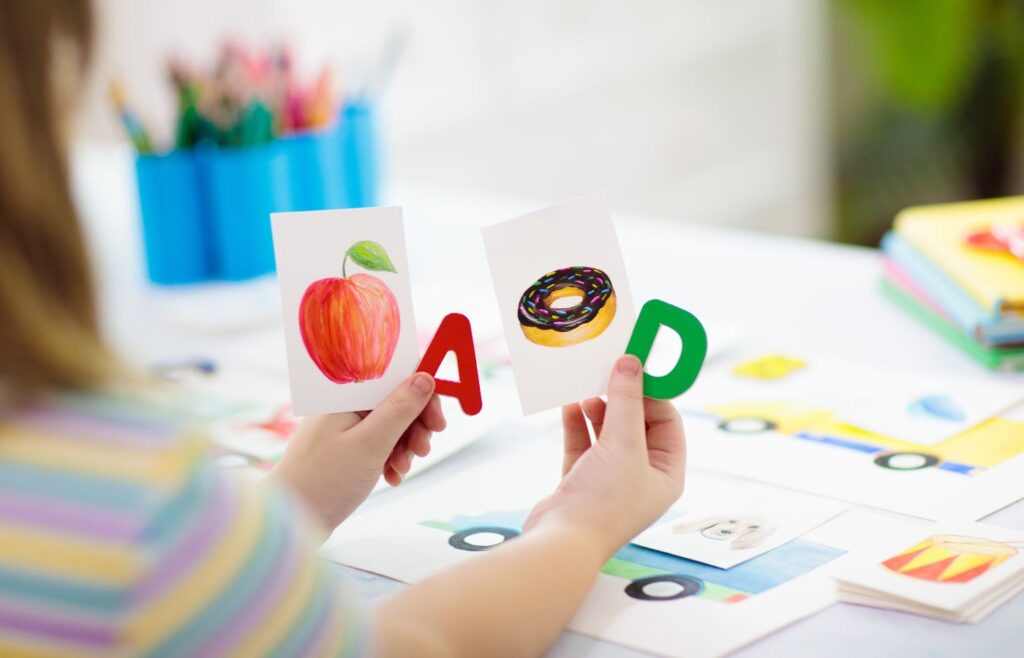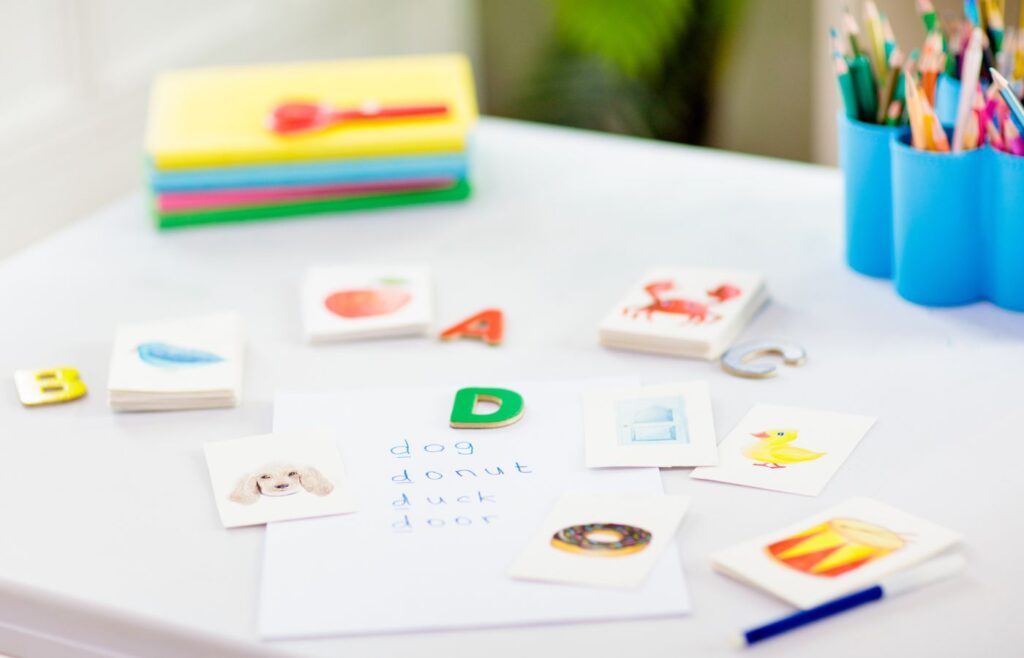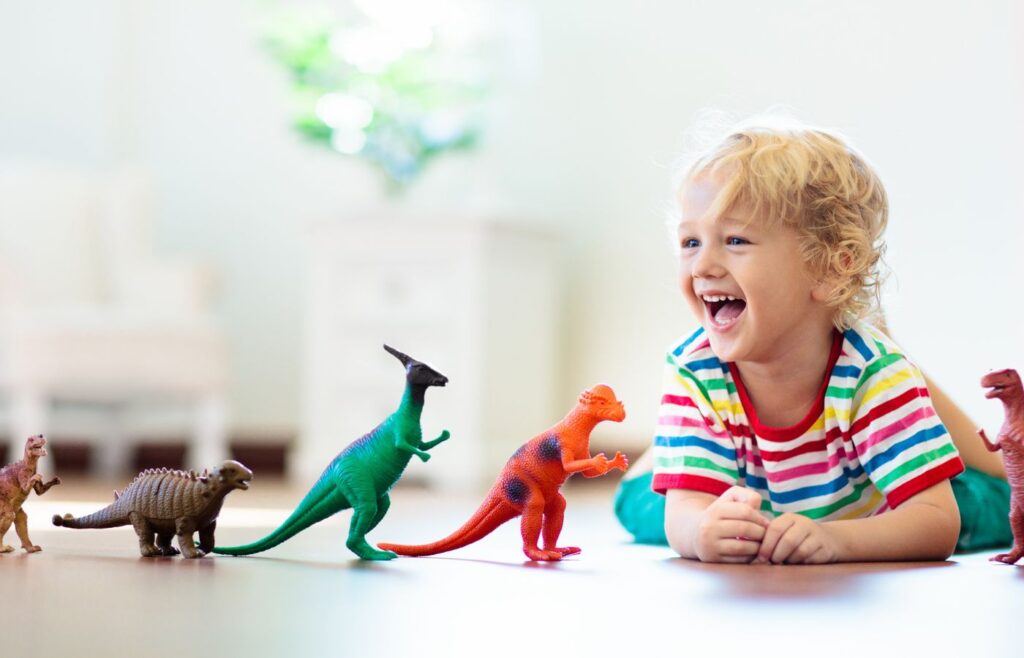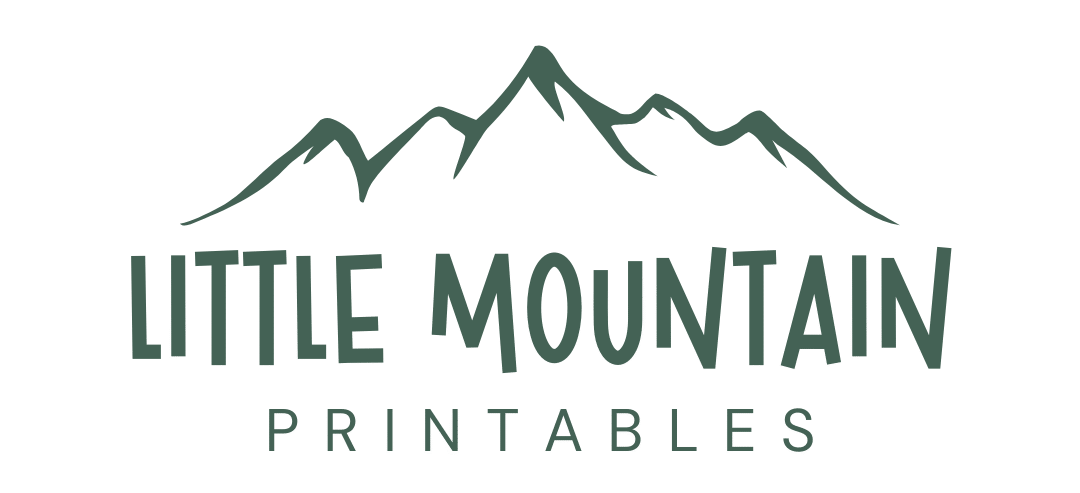Why Playtime Is Learning: Understanding the Power of Play-Based Development
Discover how play-based learning boosts your child’s development in fun, natural ways—no fancy curriculum required!
As moms, we often wonder if we’re doing “enough” to help our kids learn. Should we be using flashcards? Signing up for enrichment classes? Downloading the latest educational app?
Here’s the good news: play is one of the most powerful learning tools your child has. And the best part? You don’t need anything fancy—just time, space, and a little creativity.
In this post, we’ll break down why play is learning, how it supports your child’s growth, and easy ways you can encourage it at home.
🌟 What Is Play-Based Learning?
Play-based learning is exactly what it sounds like: learning through hands-on, self-directed play.
Whether your child is building with blocks, pretending to be a chef, or digging in the sandbox, they’re building real skills that will serve them for life.
It’s not “just” play—it’s brain-building, emotionally enriching, and physically engaging.

🧠 How Play Boosts Cognitive Development
Through play, children naturally develop problem-solving skills, memory, language, and early math and science understanding.
Play activities that support cognitive development:
- Puzzles & matching games – build memory and spatial reasoning
- Pretend play – boosts imagination, vocabulary, and storytelling
- Sorting & stacking – introduces early math concepts like size, shape, and number
- Board games – teach turn-taking, pattern recognition, and strategy
💡 Play tip: Ask open-ended questions like, “What do you think will happen if…?” to gently stretch thinking skills during playtime.
❤️ How Play Builds Emotional & Social Skills
Kids process big emotions through pretend and role-play. When they act out real-life situations (like a visit to the doctor or a grocery run), they’re learning empathy, cooperation, and emotional regulation.
Play-based ways to support emotional growth:
- Dress-up and dramatic play – helps express feelings and explore roles
- Playing with others – teaches sharing, compromise, and communication
- Storytelling with dolls or stuffed animals – provides a safe way to explore fears or wishes
- Simple games with rules – build frustration tolerance and turn-taking
💡 Play tip: Give your child space to lead. Let them choose the roles or decide the story—it helps them feel confident and heard.

🏃 How Play Develops Motor Skills
Play isn’t just good for the brain—it’s also essential for physical growth. Movement-based play helps build fine and gross motor skills (a must for everything from writing to sports).
Play that builds motor skills:
- Climbing, crawling, and jumping – develop core strength and balance
- Play dough and finger painting – improve finger and hand muscles
- Lacing beads or using tweezers – fine motor skills and hand-eye coordination
- Building with blocks or LEGOs – strengthens grip and precision
💡 Play tip: Set up play stations that invite movement—like a mini obstacle course or a bin of building tools.
🛠️ The Problem: “I Don’t Have Time to Set Up Learning Activities Every Day!”
You’re not alone—and you don’t have to! One of the best parts about play-based learning is that it happens naturally. Your role is to create an inviting space, follow your child’s lead, and offer simple materials when needed.
Try These Easy, Low-Prep Ideas:
- A bin of kitchen tools for pretend cooking
- Cardboard boxes for fort-building
- Water play in the sink with plastic cups and spoons
- Dress-up bin with old hats and scarves
- Nature walk + rock or leaf collecting
✨ Remember: It’s not about doing more—it’s about seeing what they’re already doing as valuable.

🎯 Key Takeaways for Busy Moms
- Play IS learning—and it’s backed by tons of child development research
- Cognitive, emotional, and motor skills are all supported through everyday play
- No special tools required—just space, time, and your child’s curiosity
- Follow their lead and let play unfold naturally
💬 Let’s Make It Easy
If you’re looking for themed play ideas or ready-to-use activity kits, check out our [Imagination Kits]—designed to make learning through play fun, flexible, and frustration-free.
Pin it for later or share with a mom friend who needs a reminder: playtime isn’t wasted—it’s where learning happens.
